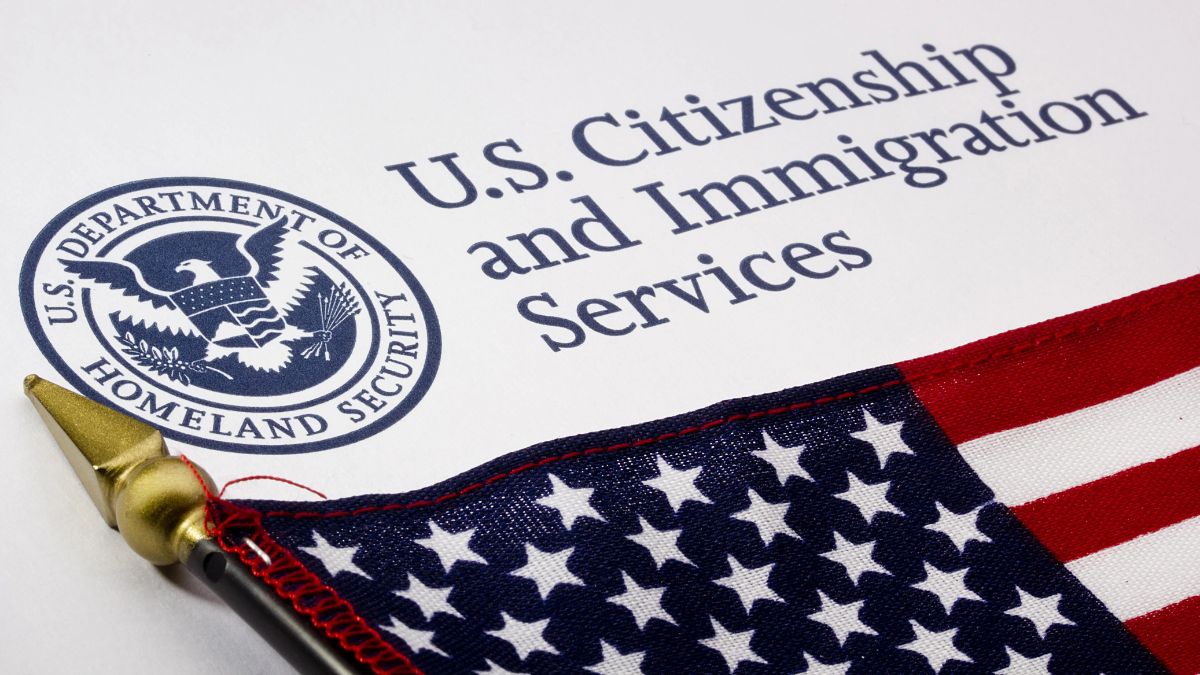The U.S. Citizenship and Immigration Services (USCIS) has announced a new Immigration Parole Fee that will apply to certain individuals granted parole into the United States.
The rule, introduced under the H.R. 1 Reconciliation Bill, sets the fee at $1,000 for the 2025 fiscal year, with future adjustments tied to inflation.
What Is the Immigration Parole Fee?
Most people entering or re-entering the U.S. under parole must make the immigration parole fee payment. Parole allows noncitizens to enter or remain in the country temporarily for urgent humanitarian reasons or significant public benefit, even if they don’t have a visa.
In simple terms, if USCIS grants you permission to enter or extend your stay in the U.S. under parole or extend an existing parole period, you must pay the new $1,000 fee before approval.
Who Needs to Pay the Immigration Parole Fee
You’ll need to pay the immigration parole fee if you are physically present in the U.S. and USCIS grants you parole or re-parole after October 16, 2025.
However, some people may qualify for exceptions, which will be outlined in the Federal Register notice published by the DHS. The agency has not yet released full details of who might be exempt, but the notice will clarify the categories and conditions for exemption.
When and How to Pay
Here’s the key part: do not pay the fee when submitting your application (Form I-131). USCIS will review your request and, if it approves it under the new rule, will send you a payment notice with clear instructions and a deadline.
You must then pay the $1,000 fee before USCIS finalises your parole approval. Failure to pay within the given timeframe means your parole will not be granted.
The fee will be collected only at the time you’re paroled into the U.S., not when you first apply. Depending on your case, the U.S. Customs and Border Protection (CBP) or Immigration and Customs Enforcement (ICE) may handle the payment process.
What Happens If You Don’t Pay
Skipping or missing the immigration parole fee will stop your parole from being granted. In other words, no payment, no parole approval. USCIS has made it clear that fee payment is mandatory before any grant of parole is finalised.
Why This Matters
This new fee marks another financial hurdle for individuals seeking parole entry into the United States. It’s part of a broader set of funding and immigration measures introduced under the H.R. 1 legislation.
Although $1,000 may not seem high compared to other immigration costs, it marks a significant shift, particularly for humanitarian cases granted parole in urgent or vulnerable situations.
Key Takeaway
Starting October 16, 2025, anyone granted parole or re-parole in the U.S. must pay a $1,000 Immigration Parole Fee, unless specifically exempt. Don’t pay this fee upfront; wait for USCIS to notify you with official payment instructions.
USCIS encourages travellers and applicants to review the DHS Federal Register notice for detailed guidance on payment methods, exemptions, and timelines.
Follow and connect with us on Facebook, Twitter, LinkedIn, Instagram and Google News for the latest travel news and updates!
